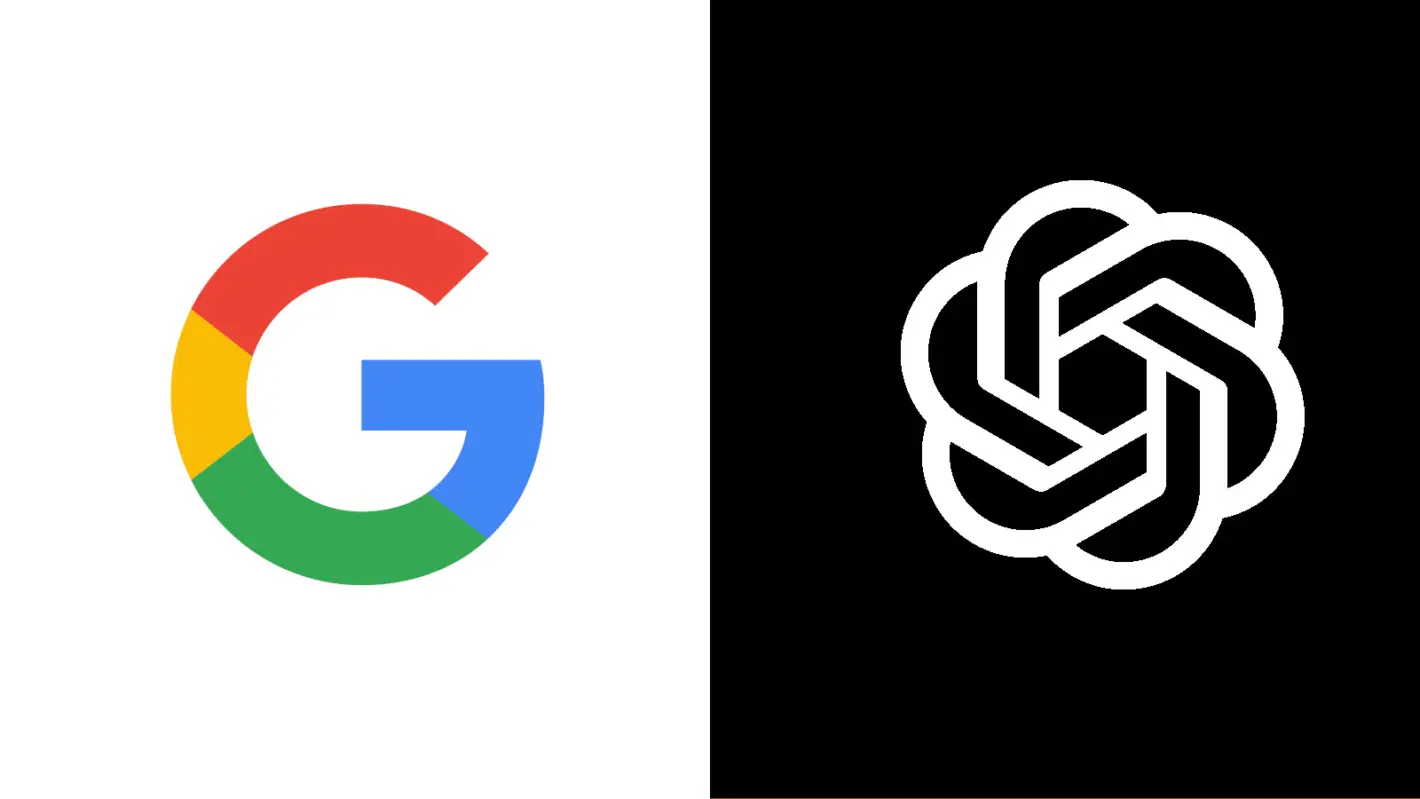The competition between OpenAI and Google in the artificial intelligence (AI) domain is intensifying, with significant implications for businesses and consumers alike. As both tech giants strive to outdo each other, brands need to understand how these advancements will shape the market landscape and influence their strategies. This article explores the latest developments in the AI battle between OpenAI and Google, focusing on their potential impacts on brands.
The AI Landscape
OpenAI and Google are at the forefront of AI innovation, each pushing the boundaries of what AI can achieve. OpenAI’s ChatGPT and Google’s Bard are leading conversational AI models, designed to enhance user interactions and provide sophisticated responses to complex queries.
OpenAI’s ChatGPT has gained widespread attention for its ability to generate human-like text, with applications spanning customer service, content creation, and more. Google’s Bard, powered by LaMDA (Language Model for Dialogue Applications), is Google’s answer to ChatGPT, emphasizing contextual understanding and dialogue-based interactions.
Key Developments
OpenAI’s Advances
OpenAI continues to innovate with its generative AI models. The company’s latest efforts include developing a search product that integrates generative AI capabilities, potentially challenging Google’s dominance in the search engine market. This move could reshape how consumers find information online, offering more intuitive and conversational search experiences.
Additionally, OpenAI is exploring multimodal AI models, which combine text, video, and audio processing. This could lead to more interactive and versatile AI applications, enhancing user engagement across various platforms.
Google’s Innovations
Google has responded to OpenAI’s advancements with its own suite of AI-powered tools. Bard AI, a conversational model built on LaMDA, aims to provide nuanced and contextually relevant responses, leveraging Google’s extensive data resources. Google is also integrating AI into its core services, such as search, maps, and photos, ensuring that AI enhances user experience across its ecosystem.
Google’s AI capabilities extend to various domains, including natural language processing (NLP), computer vision, and automated machine learning (AutoML). These technologies enable brands to automate processes, analyze large datasets, and deliver personalized customer experiences.
Impact on Brands
Enhanced Customer Engagement
The competition between OpenAI and Google is likely to lead to more advanced AI tools that brands can leverage to improve customer engagement. AI chatbots, virtual assistants, and personalized recommendations are becoming increasingly sophisticated, enabling brands to offer tailored experiences that meet individual customer needs.
Improved Efficiency and Automation
AI-driven automation can streamline business operations, reducing costs and increasing efficiency. From automating customer service responses to optimizing supply chain management, brands can harness AI to improve productivity and focus on strategic initiatives.
Data-Driven Insights
As AI models become more capable of analyzing and interpreting large datasets, brands will gain deeper insights into customer behavior and market trends. These insights can inform decision-making, helping brands to stay ahead of the competition and respond to changing market dynamics effectively.
Challenges and Considerations
Data Privacy and Security
With the increased use of AI comes heightened concerns about data privacy and security. Brands must ensure that they comply with regulations and implement robust data protection measures to safeguard customer information.
Ethical Implications
AI models like ChatGPT and Bard must be used responsibly, avoiding biases and ensuring ethical interactions. Brands need to be mindful of the potential for AI to perpetuate stereotypes or provide misleading information, and they should implement measures to mitigate these risks.
The AI battle between OpenAI and Google is set to bring about transformative changes in how brands operate and interact with customers. By staying informed about the latest developments and strategically adopting AI technologies, brands can harness the power of AI to drive growth and innovation. As the landscape evolves, it will be crucial for brands to navigate the opportunities and challenges presented by this dynamic and competitive field.







